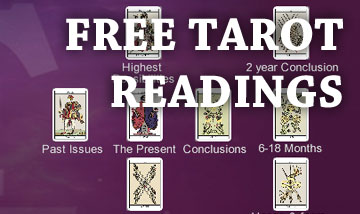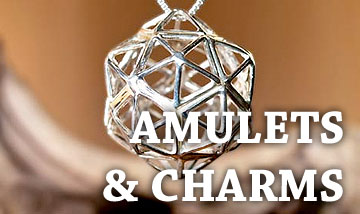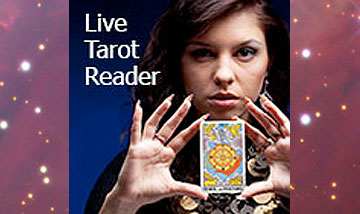Agatha Christie and the paranormal
The subject of the paranormal has always been an intriguing one, and whether it's in our real lives or woven into fiction, the idea that there's something more to a situation than we have the ability to see or grasp makes it all the more fascinating � and that's the secret behind many a novel by Dame Agatha Christie.
Yes, the well-bred Agatha Christie may have been a staunch member of the Church of England with a practical outlook on life, but she fully appreciated the power of folklore, superstition and the unknown to make a good mystery a timeless one. After all, the nostalgic English country manors and sleepy village lives of her novels may seem a little dated to the modern reader � but the chilling fear that comes from not knowing which of a party is a murderer, or of feeling trapped in one isolated house with rumours of a curse in the back of your mind�those quiet, creeping fears that make her novels work are universal � and we can all relate to them.
Hey mysteries may always have an explanation, but look a little more closely at the recurring themes of the Agatha Christie books and you'll see her use of dreams, curses and predictions show its spooky face in novel after novel. Perhaps Agatha realised that whilst all crime fiction fans love to know who the murderer was, dangling the possibility that the solution could have something to do with some paranormal force only makes the whole situation even more sinister.
There's something reassuring about Poirot or Miss Marple finally cracking the clues and exposing the sequence of events that led to the crime, and the idea that this might just be the evil that neither can put a stop to leaves the reader feeling unsettled. That's not the only role of folklores and local superstitions in the novels though, as they're often key to the country settings that she loved to use for her plots. Even today, the country's regions are characterised by tales of strange happenings and sightings, and although these days we have a very different attitude to them in the time when Dame Agatha was penning her plots many still held them to be true, and regardless, they were an important part of life.
It isn't only the backdrops to the mysteries that made them perfect for the paranormal though, it's also their plots. Detective fiction has always centred around those age-old themes that tap into our moral codes � themes such as guilt, sin and conscience. As a Christian, these would have been themes that Dame Agatha Christie thought a lot about and they made the perfect platforms to introduce ideas of evil forces and curses. Think about the role of dreams in 'And Then There Were None', every character has a burden on their conscience, and every one experiences frequent, vivid dreams that mean they're constantly gripped by their actions.
We should also remember that Dame Agatha spent time in countries around the world assisting her husband Max with archaeological digs. She became so interested in Egyptology in fact that she set Death Comes as the End in ancient Egypt. While she may have been a Christian, Agatha had the ability to soak up the beliefs of others times and other cultures, and their influence only added to her novels.
 DISCOVER TAROT ON iPHONE, iPAD AND ANDROID.
DISCOVER TAROT ON iPHONE, iPAD AND ANDROID.
Learn Tarot Card Meanings, what they mean when combined in a reading, test your knowledge in the Tarot Quiz and reveal what the future may hold with the Tarot Reading App.





